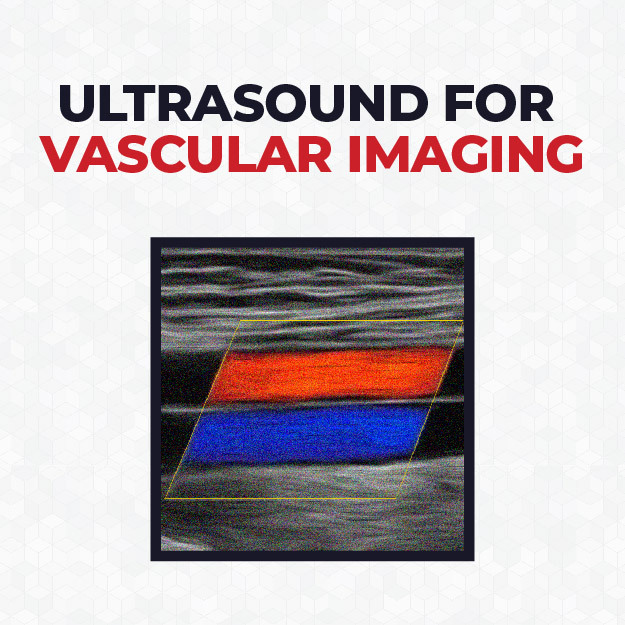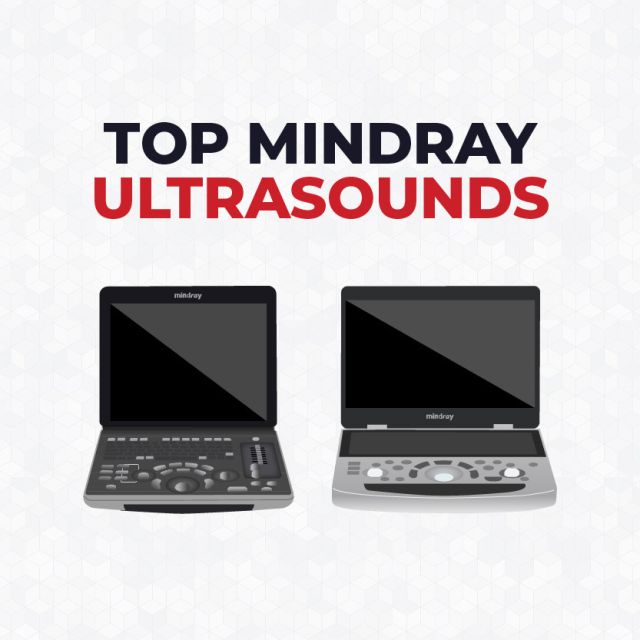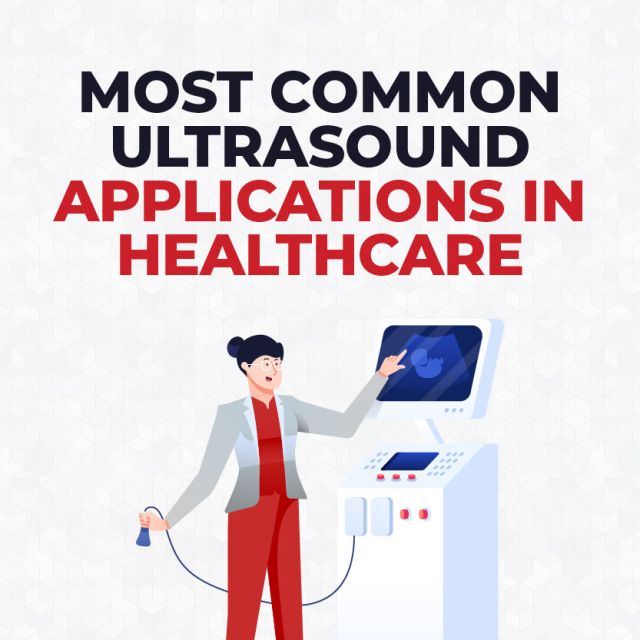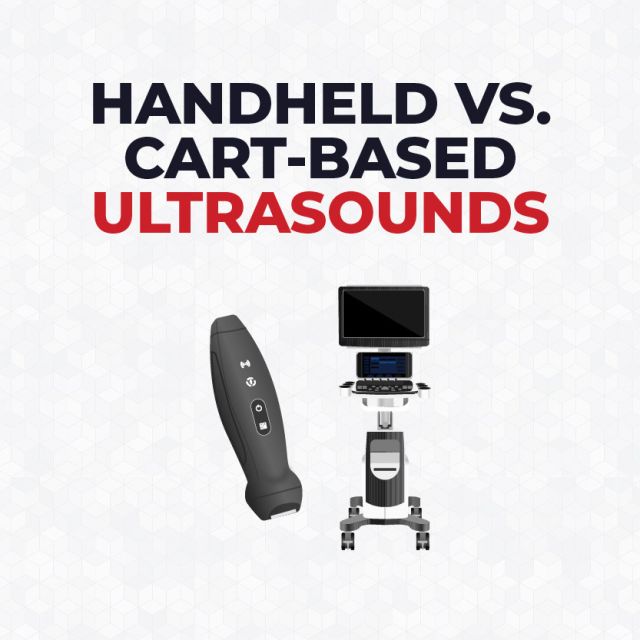What Applications Are Ultrasound Machines Best Suited For?

Introduction
Ultrasound Machines have become an essential tool across a wide range of medical specialties, offering precise, non-invasive imaging that supports diagnostic procedures. In this article, we’ll explore the most common clinical applications where ultrasound machines enhance patient care.
What Applications Are Ultrasound Machines Best Suited For?
Obstetrics and Gynecology (OB/GYN)
Ultrasound is essential in obstetrics and gynecology for monitoring fetal development and reproductive health.
- Fetal Monitoring: 3D imaging allows real-time visualization, aiding in the assessment of fetal growth and development throughout pregnancy.
- Gynecological Exams: Ultrasound is frequently used to evaluate ovarian and uterine conditions, as well as fertility assessments and general reproductive health.
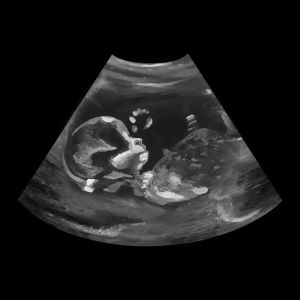
Cardiology
In cardiology, ultrasound is vital for diagnosing and monitoring heart conditions. Cardiac imaging, or echocardiography, provides detailed images of the heart’s structure and function.
- Echocardiography: By using pulse wave doppler and tissue harmonic imaging, ultrasound can assess heart valve function, cardiac output, and wall motion abnormalities.
- Vascular Imaging: Doppler ultrasound measures blood flow and can help in diagnosing conditions like peripheral artery disease.
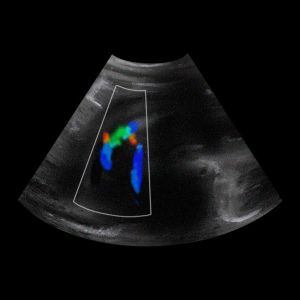
Musculoskeletal
Ultrasound is highly effective in musculoskeletal imaging, providing real-time visualization of muscles, tendons, and ligaments.
- Injury Diagnosis: Ultrasound can detect tears, sprains, and inflammation in soft tissues, aiding in the accurate diagnosis of injuries and musculoskeletal conditions.
- Guided Injections: Ultrasound imaging allows clinicians to guide injections, such as aspiration of joint fluid, or nerve blocks for pain management.
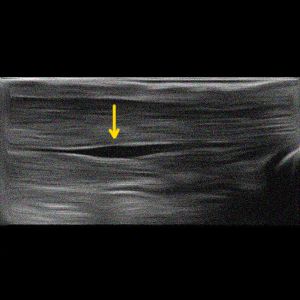
Vascular Imaging
Vascular ultrasound is widely used to assess blood flow and diagnose arterial and venous diseases.
- Blood Flow Assessment: Ultrasound helps in detecting the speed and direction of blood flow, allowing clinicians to assess both arterial and venous circulation.
- Deep Vein Thrombosis (DVT) Detection: Ultrasound are used to diagnose deep vein thrombosis (DVT) by detecting abnormal blood flow or blockages in the veins. Doppler can identify blood clots that may cause venous insufficiency.
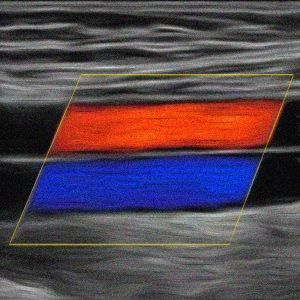
Abdominal
Ultrasound is frequently used for general abdominal imaging, offering a non-invasive way to assess organs such as the liver, gallbladder, kidneys, and bladder.
- Liver and Gallbladder: Ultrasound can detect liver disease, gallstones, and other abdominal abnormalities with high accuracy.
- Kidney and Bladder: Ultrasounds also effective for diagnosing kidney stones, cysts, and other urinary system conditions.
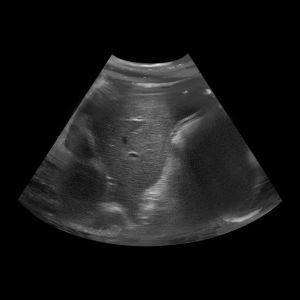
Closing
From obstetrics and gynecology to cardiology, emergency care, and musculoskeletal imaging, ultrasound machines enhance diagnostic accuracy and supports a wide range of procedures, making them an essential to medical practices of all types.


